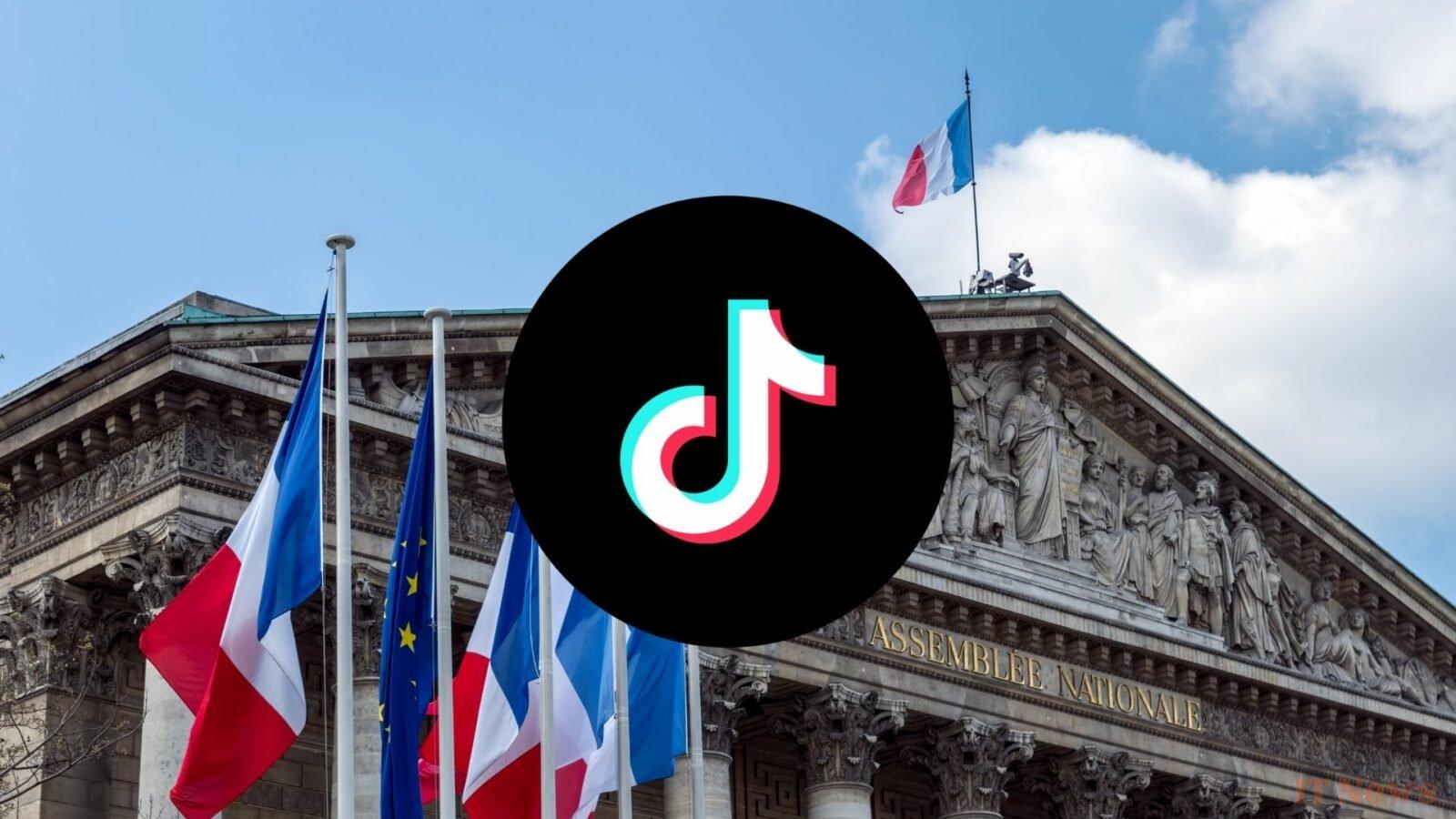Between justifying their practices and confronting MPs, the hearing that pitted five major figures in digital influence against French regulators will undoubtedly go down in history, as it revealed the extent of the gap between the logic of social networks and the demands of public regulation. On June 10, the National Assembly summoned five influential figures from the French web to discuss the dangers of TikTok on young people's mental health. A diverse cast, drawn from among the most controversial figures in French influence. Between tensions, denial of responsibility, and debates on regulation, a look back at an unprecedented sequence with major issues for young people and the regulation of digital technology.
An unprecedented summons
The commission of inquiry, created in March 2025, has set itself the task of assessing the impact of TikTok on young people's mental health and examining the attention-grabbing mechanisms implemented by the Chinese platform. After hearing from experts, psychologists, and victims' families, the deputies chose to summon five influencers deemed "problematic" by a citizen consultation that collected more than 30,000 responses, mainly from high school students. Their names – AD Laurent, Alex Hitchens, Nasdas, Julien, and Manon Tanti – consistently appeared in reports of content deemed sexist, violent, degrading, or likely to expose minors to risky practices.
These content creators have millions of subscribers, primarily among middle and high school students, and even children as young as 10-11, who are theoretically banned from social media. Their business model, based on virality and engagement, raises many questions: AD Laurent, a former reality TV contestant turned porn star, was banned from TikTok for spreading sexual content deemed “extremely worrying” by the Minister for Equality, Aurore Bergé. Alex Hitchens, a self-proclaimed seduction coach, is regularly criticized for his masculinist and misogynistic rhetoric, often advocating violence against women. Nasdas, a Snapchat and TikTok star, became known for distributing money to disadvantaged youth, but also for exposing social deprivation and depicting minors in controversial situations. Finally, the Tanti couple, reality TV stars, were questioned about the overexposure of their children in their content, sometimes in situations deemed humiliating or inappropriate. Manon Tanti admitted not having anticipated the virality of certain challenges, while claiming to "know what is good or humiliating" for her children.
Between denial and demand for freedom of expression
Facing the MPs, the influencers adopted a defensive stance, blaming parents and the TikTok platform itself for any responsibility. Alex Hitchens called for an outright ban on TikTok, calling the platform "harmful" and asserting that "content that shocks is the one that works best." Irritated by questions about his misogynistic remarks, he ended his hearing after just fifteen minutes, leaving the videoconference without permission—an unprecedented incident that suspended the session. Laurent, for his part, denounced a ban "based on political reasons." All emphasized their position as content creators, denying any responsibility to the young internet users who follow them. Few concrete proposals to regulate TikTok. While the commission's objective was also to gather ideas for better regulating TikTok, influencers contributed little to the debate. Some admitted that the platform could have negative effects if poorly regulated. AD Laurent and Nasdas expressed support for raising the minimum registration age (currently 13), while Manon Tanti suggested requiring identity verification upon registration to limit the exposure of minors. Overall, the session highlighted the gap between influencer perceptions and societal expectations regarding youth protection.
This hearing, marked by tense exchanges and the influencers' refusal to take any responsibility, illustrates the difficulty of regulating a digital ecosystem where virality takes precedence over ethics and where influence on young people is still largely beyond the control of public authorities. The commission will continue its work by hearing from TikTok's executives, but this session will at least have made it possible to bring to the public eye the issue of the psychological impact of viral content on young people and the need for regulation adapted to the era of social networks.



0 Comments